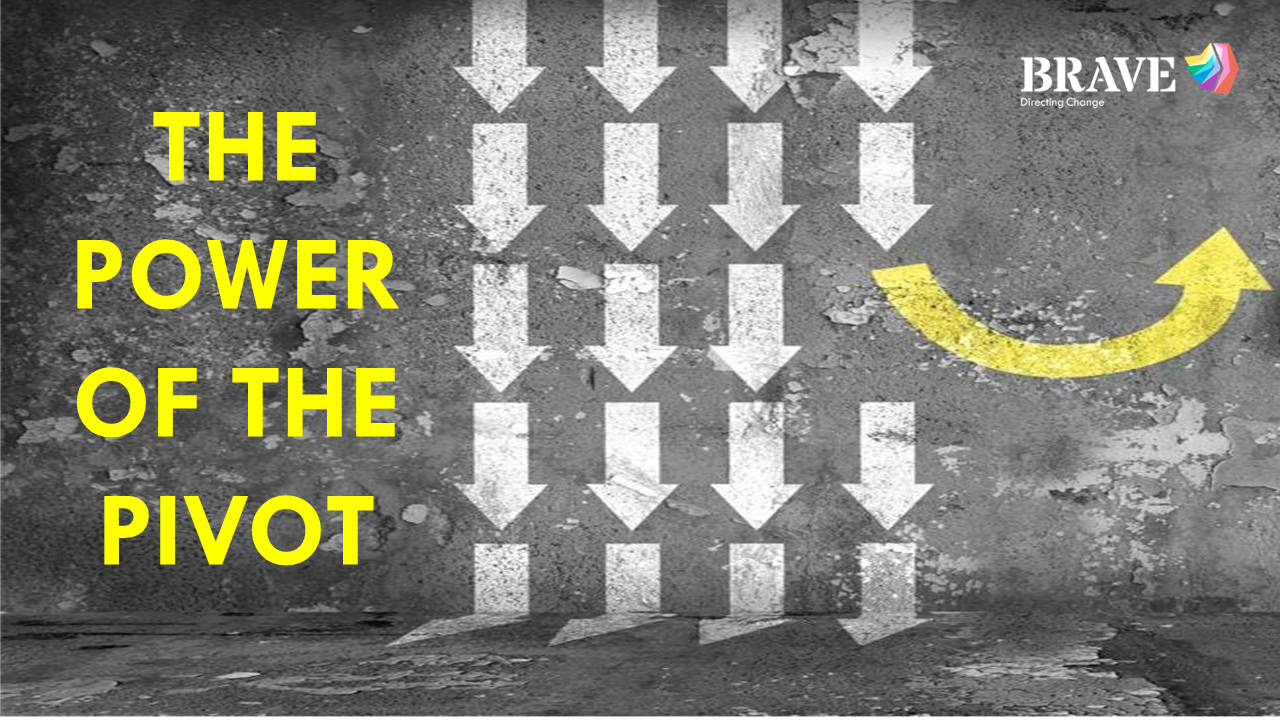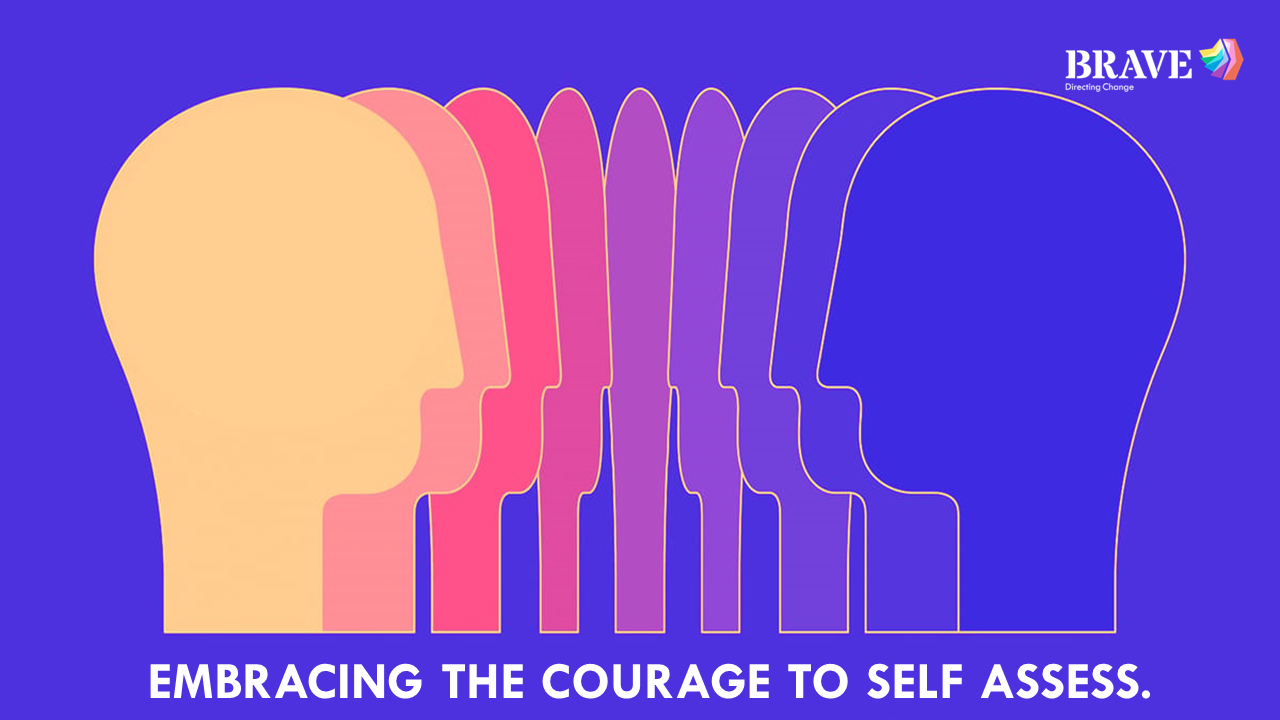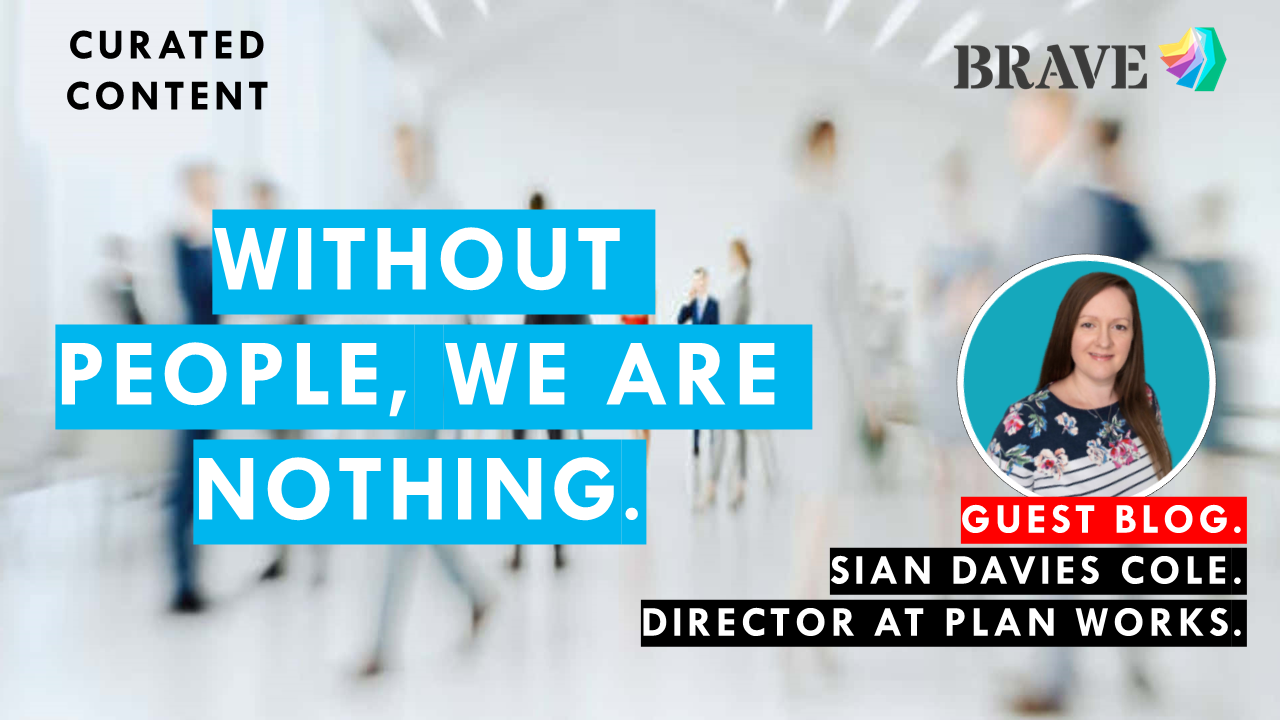In the world of business, and increasingly in our personal lives too, learning to have brave conversations is crucial for genuine connection and growth.
These conversations—marked by honesty, vulnerability, and courage—are vital for personal development, healthy relationships, and meaningful change.
As part of our BRAVE Conversations module we focus on these skills, and many more to equip you with the skills and behaviours you need to do it well.
But why bother?
We’re passionate that when you learn the skills of BRAVE Conversations it can only create positive action. Whether you use it at work with your boss or a team member, or you’re using the skills for a tough conversation with a parent or a best friend, we know the extra benefits you’ll gain are worth it.
Here’s just a few reasons we think BRAVE Conversations are so important.
They Build Trust and Deepen Relationships
BRAVE conversations foster trust. When you’re honest and open with others, you create a safe space for mutual understanding and respect. This deepens relationships, making them more authentic and resilient.
Being BRAVE Promotes Personal Growth
Facing difficult topics head-on encourages self-reflection and growth. It challenges you to confront your fears, biases, and assumptions, leading to greater self-awareness and personal development.
Bravery Drives Positive Change
Whether in personal relationships or in the workplace, BRAVE conversations are catalysts for change. They address issues that need resolution, facilitate problem-solving, listening skills, decision making and handling disagreements. They pave the way for improvement and innovation.
Being BRAVE Enhances Emotional Intelligence
Engaging in BRAVE conversations hones your emotional intelligence. These are skills we can all work on. It requires empathy, active listening, and the ability to identify and then manage your emotions in a way that works best for the situation you’re in.
BRAVE Conversations Cultivate a Culture of Openness
In organisations, and in relationships, BRAVE Conversations contribute towards a culture of openness and transparency. They encourage team members to share ideas, speak up, provide feedback, make informed decisions and collaborate effectively, leading to a more dynamic and inclusive environment.
Approach these conversations with empathy and an open mind. Remember, the goal is not to win but to understand and be understood.
Starting a BRAVE conversation can be daunting, but it begins with a willingness to be vulnerable. We have some really easy to follow Quick Tips on our Instagram Account – @wearebraverebels
If you think we can help you on an Open Workshop, or a team in a business session then reach out and we’d be happy to book in a time to chat with you.









